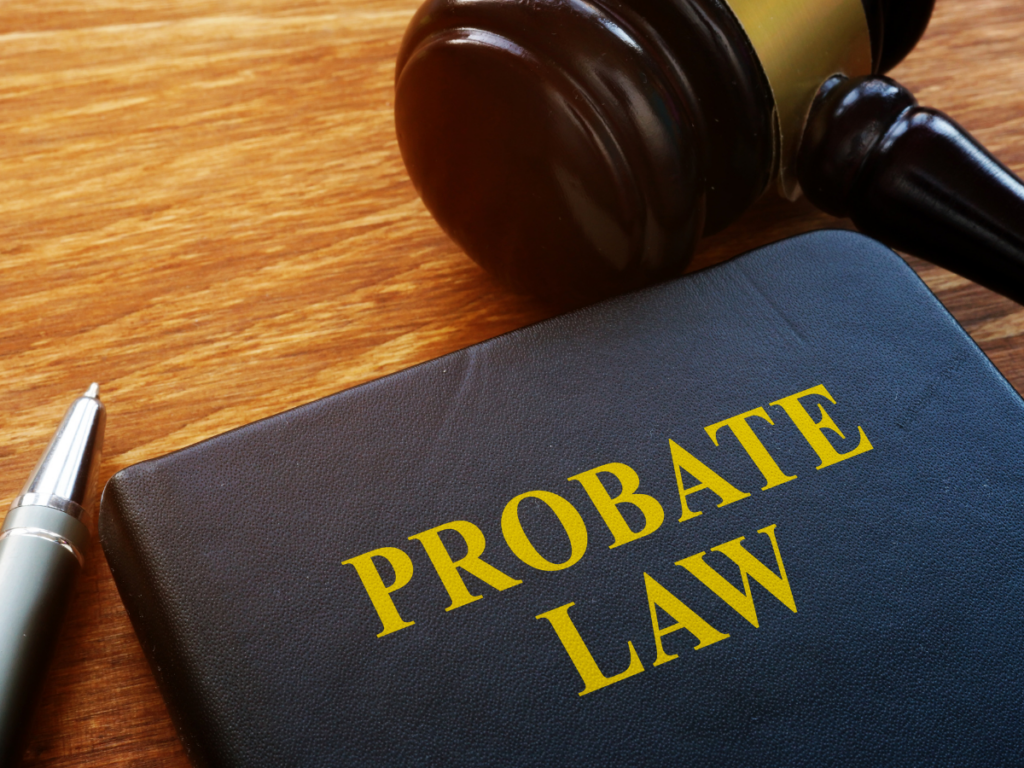What is it?
Muniment of Title is a legal term for a document, title, deed, or other evidence that indicates ownership of an asset.
In Texas, a court may admit a Will to probate as a muniment of title if the court is satisfied that the Will should be admitted to probate and the court: (1) is satisfied that the testator’s estate does not owe an unpaid debt, other than any debt secured by a lien on real estate; or (2) finds for another reason that there is no necessity for administration of the estate.
Benefits
Faster and cheaper: Avoid the formal process of an administration (no executor or administrator necessary)
Perfect for when you only need to change title of property over to the beneficiaries named in the Will
How does an Estate qualify?
The estate must have NO debts (including no Medicaid claim) other than those secured by real property (mortgages, property taxes, etc.)
How does it work/process?
Application is filed by interested person (usually the named executor/alternate executor or beneficiary)
Simple hearing to admit Will (no executor is appointed…the Will is evidence of ownership and can be presented by any beneficiary as proof of ownership)
Order certified copy of Will and order admitting Will
Bottom Line
File certified copies of above in real property records where property located AND/OR present certified copies of above to people/institutions in custody of estate money or assets.













